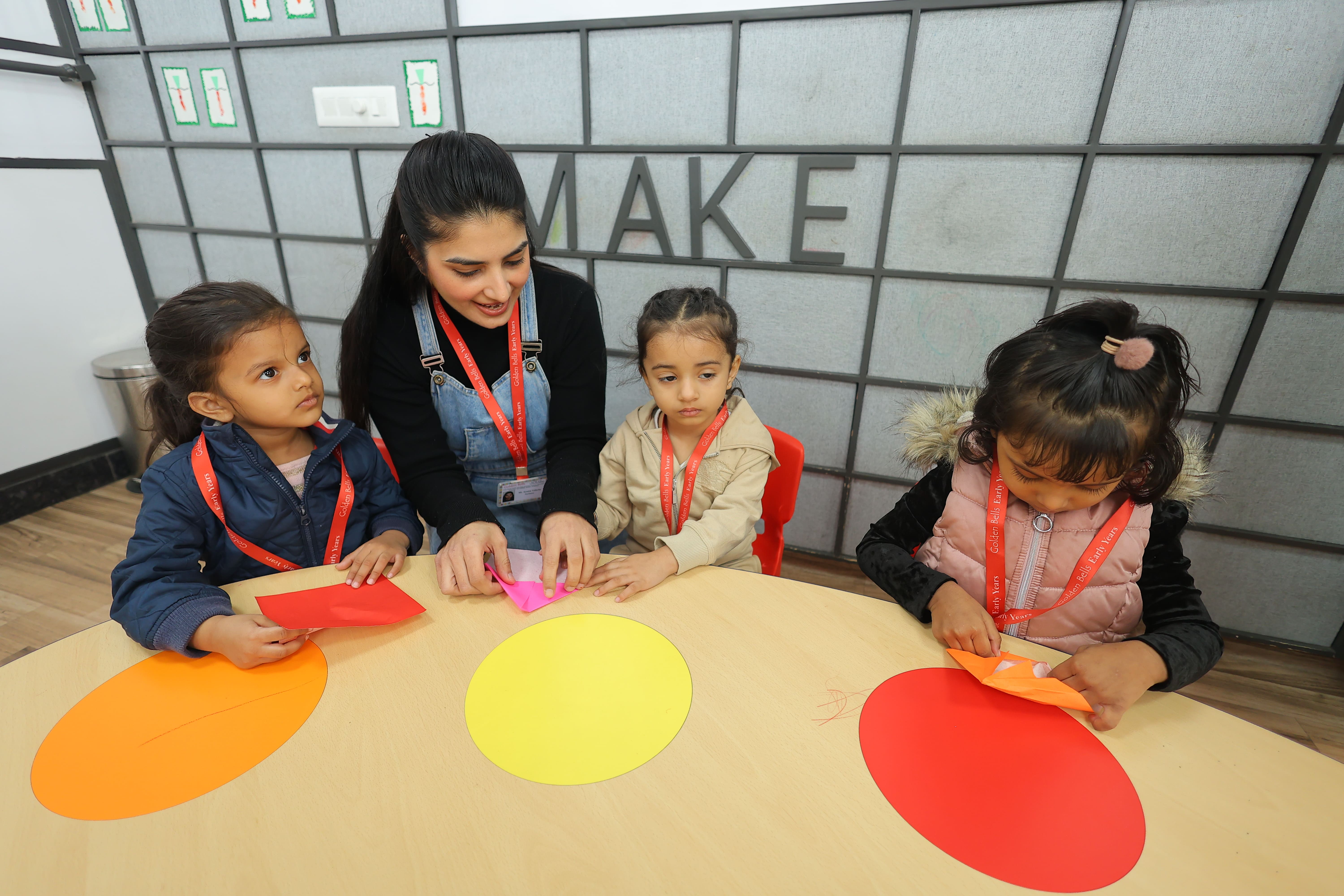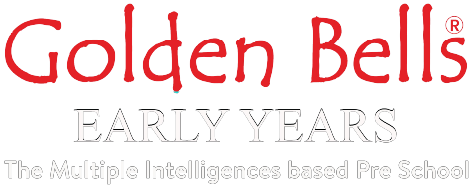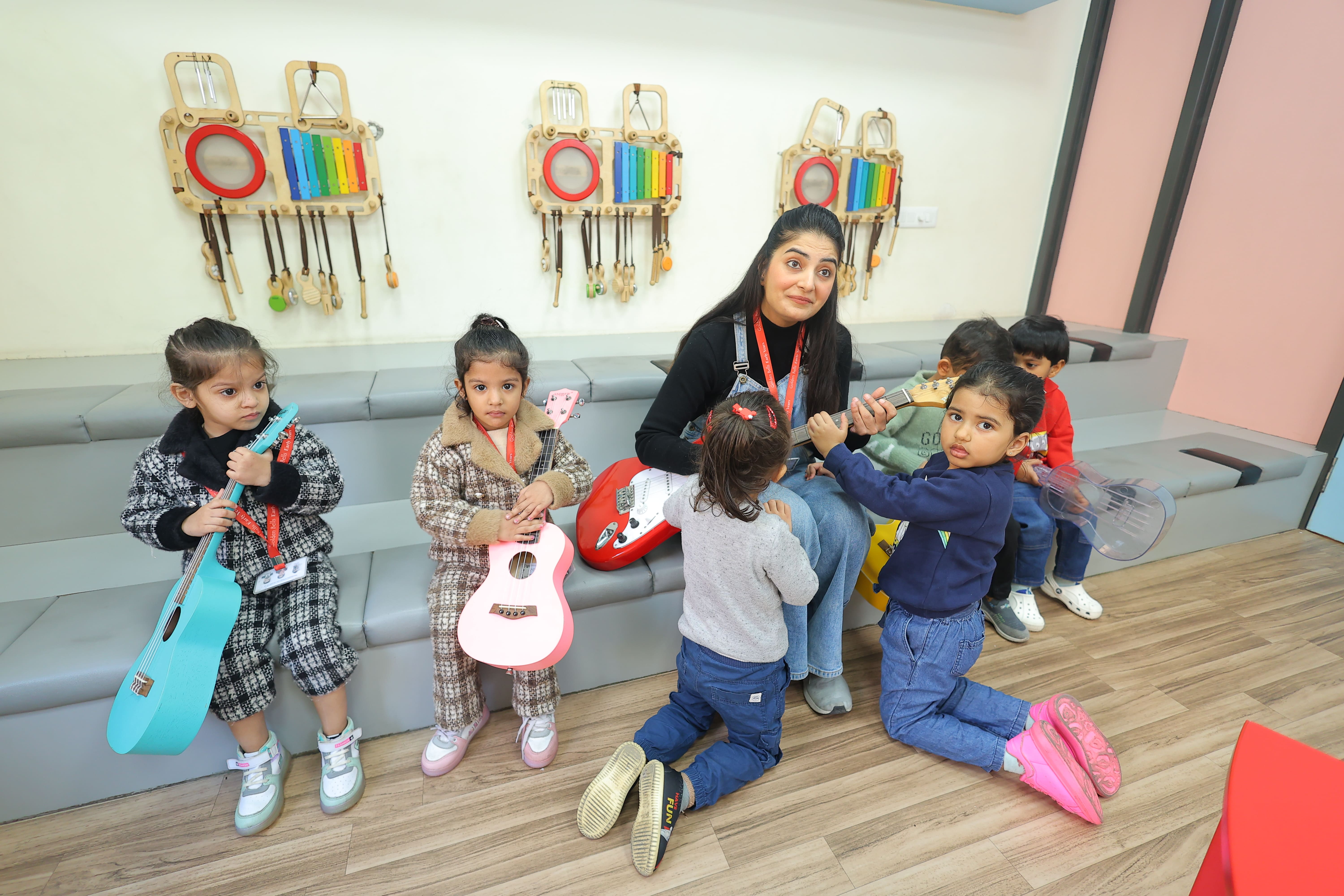Transition from preschool to kindergarten is considered a monumental shift in the journey of your child’s educational life. It is not just a shift in the school premises or classroom; it represents a whole new world of learning and development. As parents, if you acknowledge this shift and brace your child accordingly, it will have a significant impact on how well they settle in and excel.
Why Kindergarten is the Next Big Step After Preschool?
Preschool involves more play-based learning and focuses on basic life skills to prepare the child for social interactions, whilst kindergarten is more structured and focuses on academics, corresponding to what formal schools are doing. The shift from preschool to kindergarten marks a major milestone in your child’s early education journey.
For parents, this transition is both exciting and a little overwhelming. A kindergarten readiness checklist ensures your child feels confident and prepared for their first formal school experience.
Academic Skills Needed for Kindergarten
Kindergarten curriculum focuses majorly on academics, like reading, writing, mathematics, etc, but before comprehending these in a systematic way, children need to know the competencies of daily life and basic academic knowledge. Parents need to make sure that their child :
- Can recognize most letters of the alphabet
- Is capable of counting objects and identifying numbers from 1-10
- Can acknowledge simple patterns like big/small, more/less, thick/thin, etc.
- Recognizes different shapes and basic colors
- Is capable of expressing themselves and forming full sentence
- Is an attentive listener and can answer simple questions
These early skills form the base for reading, writing, and math learning in kindergarten.
Social and Emotional Readiness
Healthy social and emotional development provides a crucial foundation for future readiness and overall well-being. A child’s ability to engage with their classmates, teachers, and other people around them, and also manage their emotions, is just as important as academics. The primary signals to ensure that the child is socially and emotionally developed include:
- They patiently wait for their turn and are comfortable sharing toys with others.
- Playing and cooperating with other children.
- They act in accordance with simple rules and adhere to routines.
- They are expressing feelings in healthy ways rather than throwing tantrums.
- They are curious and eager to participate and learn new things.
These skills help children to adjust and settle well in the kindergarten environment, which further makes it effortless for them to grow and flourish.
Independence and Self-Care Habits
In kindergarten, children are expected to handle small tasks independently. Parents can prepare their child for kindergarten months in advance. Here are some simple steps:
- Children should be washroom-trained and know basic hygiene.
- Address your child about the upcoming changes, and explain to them what the new school will be like.
- Children should be able to eat lunch unassisted and manage their bag and lunch box.
- Dress themselves with minimal assistance
- Establish a regular bedtime and morning routine. This helps your child get used to the kindergarten schedule, therefore building a feeling of security.
Inculcating these habits boosts confidence, self-esteem, and eases the transition into a more structured environment.
How Golden Bells Prepares Children for Kindergarten Success?
Here at Golden Bells Early Years, we cater to all the children individually according to their requirements. We go beyond academics to ensure children are fully ready for kindergarten. Our approach includes:
- Play-Based Learning – Hands-on activities that build early literacy and numeracy skills.
- Multiple Intelligences Framework – Helping children discover and grow in their unique strengths.
- Social Skill Development – Group activities, role play, and storytelling that teach cooperation and empathy.
- Independence Training – Encouraging children to manage routines, care for themselves, and build responsibility.
- Emotional Nurturing – Creating a safe environment where children learn resilience and confidence.
Our curriculum is designed to ensure a systematic presentation to children in a more formal learning environment while maintaining play-based learning and engagement; it emphasizes on laying the foundation for the acquisition of basic literacy, numeracy, and social-emotional skills. By the time children leave Golden Bells, they’re not just prepared for kindergarten — they’re excited for it.
Conclusion
Both Preschool and Kindergarten play a crucial role in a child’s academic growth. Kindergarten is more than just the next class — it’s the gateway to formal education. By using the above checklist, parents can identify where their child shines and where they might need extra support. With the right foundation, children walk into kindergarten with confidence, curiosity, and readiness to succeed.
At Golden Bells Early Years, we believe every child deserves a smooth, happy, and successful start to their schooling journey.

